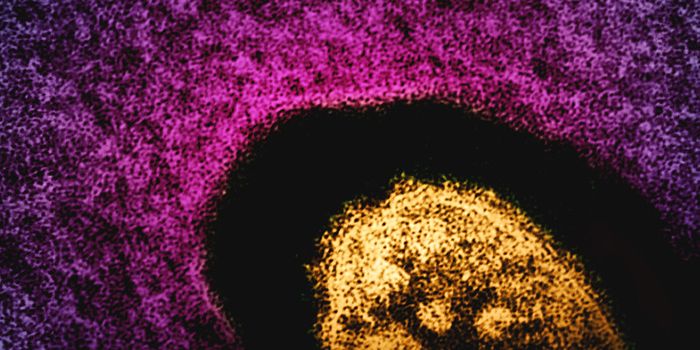When a 60-year-old Spanish woman became overly religious seemingly overnight, her family and friends were perplexed and concerned. Thinking it was triggered by depression, her family urged her to seek medical help. But doctors did not diagnose her with depression. Rather, they found a tumor in her brain that they suspect was the cause of her hyper-religiosity.
In a short span of two months, family and friends reported that the previously happy and non-religious patient underwent a transformation. She became withdrawn. Instead of her normal socializing, the patient turned to the Bible and other religious texts, often spending hours reciting these writings. Reportedly, the patient also claimed to have communicated to religious deities like the Virgin Mary.
At the time, the patient was taking care of an ailing family member suffering from cancer. As such, her family suspected her shift in behavior was rooted in depression.
But an MRI scan proved wrong this notion. In particular, doctors found a tumor growing in her brain that they diagnosed as glioblastoma multiforme. This is a particularly deadly brain cancer notorious for its ability to infiltrate through the brain and evade the surgeon’s scalpel.
In the case of the patient, doctors are pretty certain that this tumor was the culprit behind her shift in behavior. They note that she had no “trigger” for the onset of the behavior change, nor was the change gradual, which would suggest ideological alterations.
Furthermore, upon receiving chemotherapy and radiation treatment followed with antipsychotics, the patient reported that her religious encounters subsided. For these reasons combined, the doctors say that her sudden hyper-religiosity “can be considered a clearly pathological experience.”
Reporting the case in the journal Neurocase, doctors say that religion is a “complex cognitive process with biopsychosocial and cultural dimensions, product of the activation of different circuits of the neocortex.” As such, neurological changes along the lines of hallucinations and delusions are not unheard of for patients diagnosed with brain tumors. One study found that as many as 22 percent of brain tumors may be accompanied with symptoms of psychosis. But the true effect of brain tumors on behaviors is difficult to accurately measure and thus remains inconclusive.
As for the patient, she unfortunately succumbed to disease progression and eventually died eight months after her diagnosis. Her case lives on, however, and will continue to educate researchers on the biology of brain tumors and behaviors.
Additional sources: Live Science









